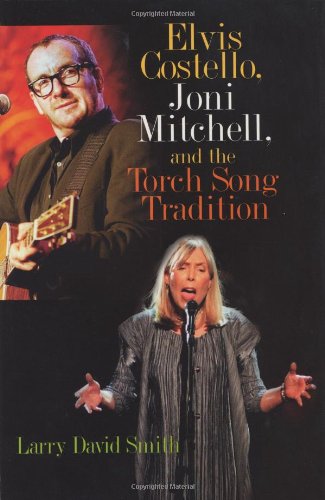

Most ebook files are in PDF format, so you can easily read them using various software such as Foxit Reader or directly on the Google Chrome browser.
Some ebook files are released by publishers in other formats such as .awz, .mobi, .epub, .fb2, etc. You may need to install specific software to read these formats on mobile/PC, such as Calibre.
Please read the tutorial at this link: https://ebookbell.com/faq
We offer FREE conversion to the popular formats you request; however, this may take some time. Therefore, right after payment, please email us, and we will try to provide the service as quickly as possible.
For some exceptional file formats or broken links (if any), please refrain from opening any disputes. Instead, email us first, and we will try to assist within a maximum of 6 hours.
EbookBell Team

5.0
28 reviewsThe torch song has long been a vehicle for expression—perhaps American song's most sheerly visceral one. Two artists in particular have built upon this tradition to express their own unique outlooks on their lives and the world around them. Joni Mitchell, Elvis Costello, and the Torch Song Tradition combines biographical material, artist commentary, critical interpretation, and selected exemplars of the writers' work to reveal the power of authorship and the creative drive necessary to negotiate an artistic vision in the complicated mechanisms of the commercial music industry. Author Larry David Smith, as in his Bob Dylan, Bruce Springsteen, and American Song, considers the complicated intersection of biography, creative philosophy, artistic imperative, and stylistic tendencies in the work of both Joni Mitchell and Elvis Costello—two songwriters with seemingly nothing in common, one famously confessional and one famously confrontational. Yet, as Smith shows so incisively, they are two personalities that prove fascinatingly complementary.
Mitchell and Costello both yielded bodies of work that are cohesive, coherent, and rich in meaning. Both have made historic contributions to the singer-songwriter model, two rebellious respones to the creative and commercial compromises associated with their chosen field, and two distinct thematic responses to the torch song tradition. Smith examines these responses, offering a unique and invaluable exploration of the craft of two of the last century's most towering musical figures.